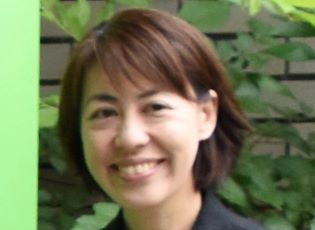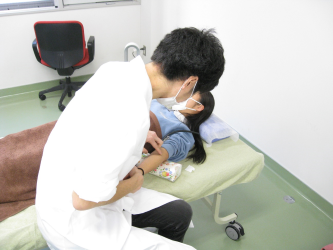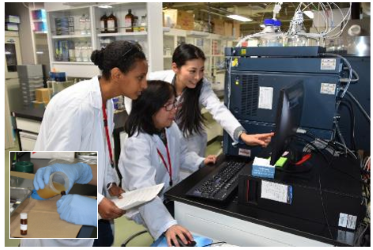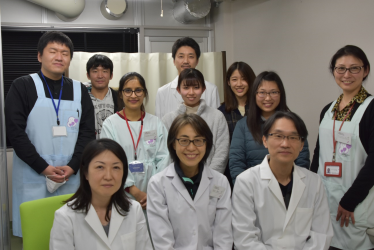- Home
- Social Action
- ★One Health Relay Report #20★
About "Endocrine disrupting chemicals"

Profile #20: Dr. IKEDA Atsuko, Professor
Faculty of Health Sciences
Center for Environmental and Health Sciences
WHO Collaborating Centre for Environmental Health and Prevention of Chemical Hazards
【Research Topics】
・Birth cohort study on environmental chemicals and child health
~Endocrine disrupting chemicals~
In our daily lives, we are surrounded by many synthetic chemicals. Thanks to these chemical substances, our lives have become very comfortable and convenient. On the other hand, there are substances with endocrine disrupting effects that act as pseudo-hormones when released into the environment and taken up by the human body. To find the health effects of exposure to relatively low levels of these chemicals, we are conducting a birth cohort, the Hokkaido Study on Environment and Children’s Health.
We have found that high concentrations of environmental chemicals such as phthalates (substances found in plastics and vinyl chloride), per- and poly-fluoroalkyl substances (water and oil resistant), or chlorinated pesticides in the maternal blood during pregnancy can alter the sex hormone levels in the cord blood at birth, causing them to have low or high levels of these substances. In addition, this association is more pronounced in boys than in girls, suggesting that it may affect cell differentiation in the testes. It would be a concern if this effect continues along with the child grows up and has a negative impact on future health. We are currently continuing follow-up of children’s health research. We do face to face examination to those who have reached puberty and are collecting blood and urine samples to investigate the uptake of chemical substances by the children themselves. Furthermore, we are aiming to clarify the use of daily consumer product and lifestyles that have a large exposure (intake) to these chemicals.
Center for Environmental and Health Sciences is designated as WHO Collaborating Centre for Environmental Health and Prevention of Chemical Hazards. Our missions are to support WHO in providing scientific evidence to eliminate/regulate harmful substances, as well as to disseminate and make awareness of chemical hazards to create a safe and sustainable environment for future generation.


Examination of children at pubertal age Dispensing and measurement of environmental chemicals in urine

Team members Team members of pubertal survey
